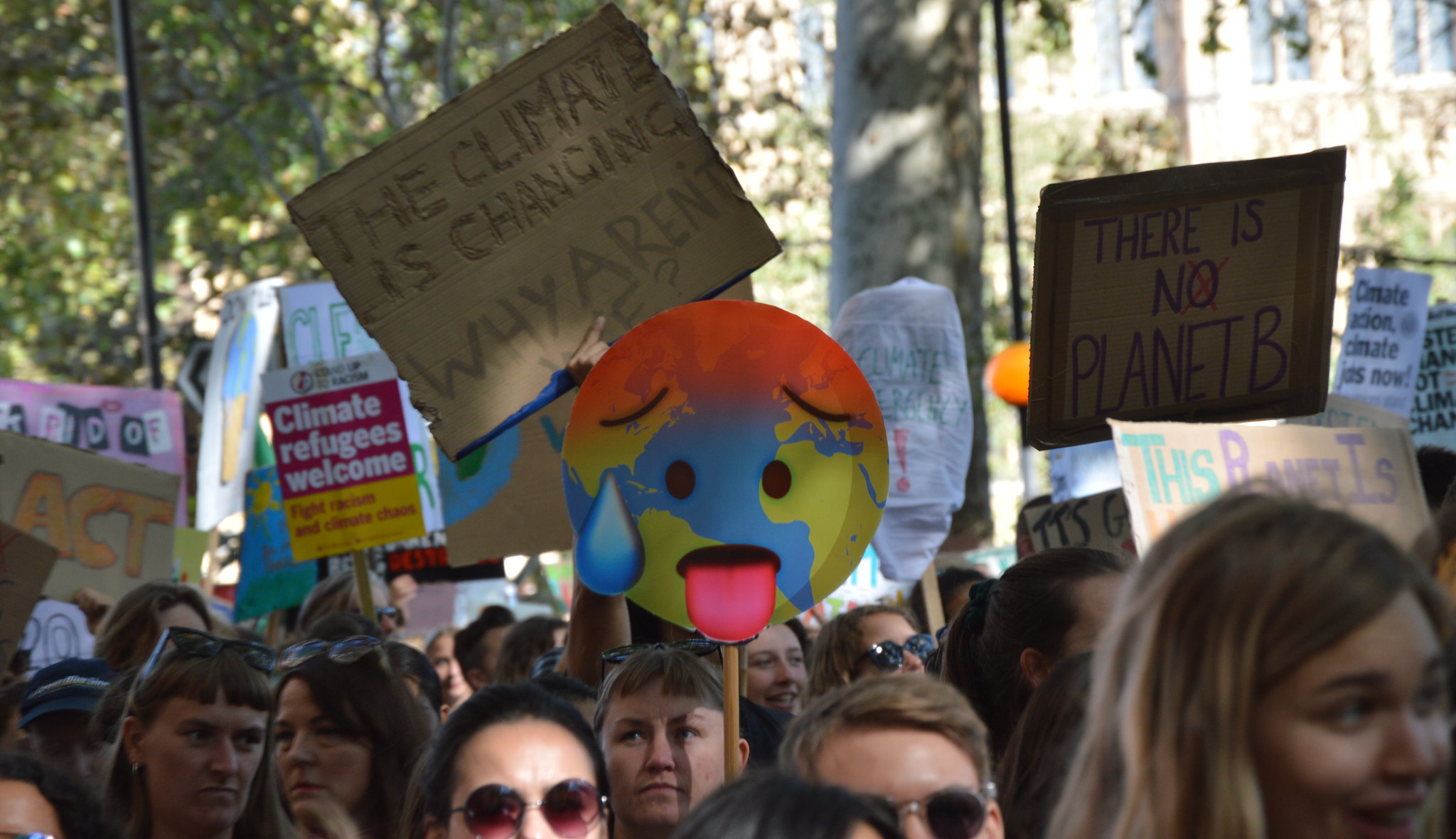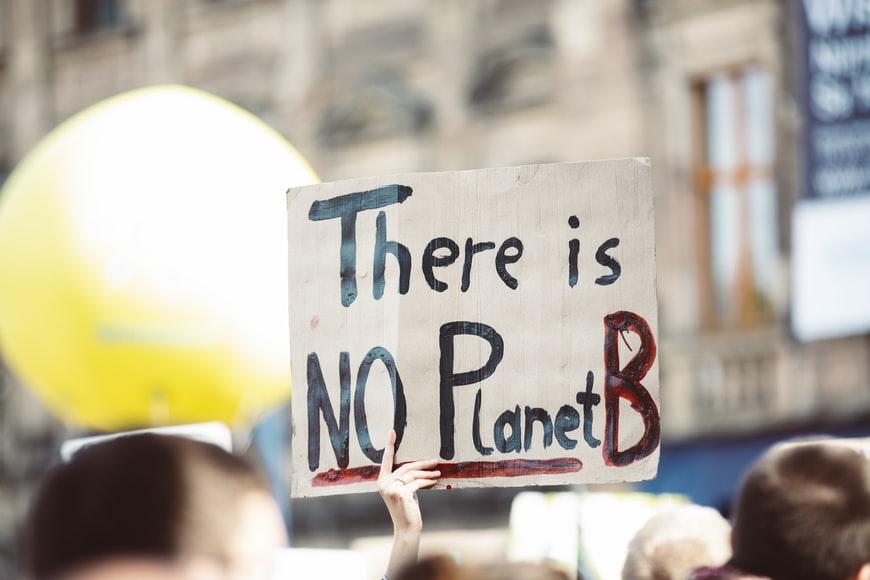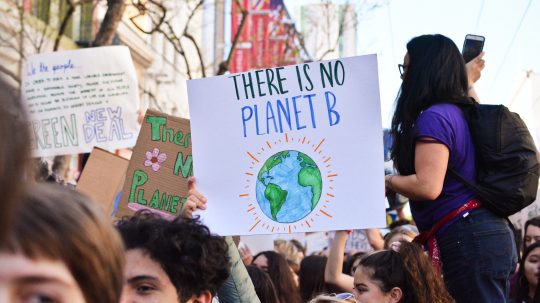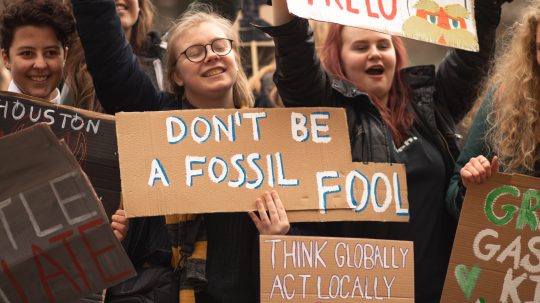In a landmark victory, the High Court has ruled in favour of Friends of The Earth, ClientEarth and the Good Law Project, who took the Government to court over its Net Zero Strategy. Now that the policy has been deemed unlawful, the government must revise its strategy and lay out a credible plan for meeting emissions targets.
What is net zero?
The Net Zero Strategy is the UK government’s strategy that sets out plans to reduce harmful emissions and decarbonise all sectors of the economy, from transport to agriculture. The strategy, which was published in October 2021, sets out policies and proposals for decarbonising all sectors of the UK economy to achieve net zero by 2050. These measures include:
- Ending the sale of new petrol and diesel cars and vans by 2030.
- Grants to help some households upgrade from gas boilers to low-carbon systems like heat pumps.
- Incentives for farmers to use low-carbon farming methods.
Under the Climate Change Act (2008), the secretary of state has a legal obligation to set out how the UK will meet carbon reduction targets. However, the High Court ruling found that the government’s Net Zero Strategy was not supported by its policies. That means the strategy was not lawful and did not allow parliament and members of the public to hold the government to account.
‘Unlawful’
Friends of the Earth analysed the 400-page strategy and found it to be ‘riddled with holes and omissions,’ including that it did not promise to end the use of fossil fuels. Campaigners said the strategy lacked investment to fund measures and had an ‘overreliance’ on technology that has not been rolled out yet, such as “sustainable” aviation fuel and carbon capture and storage.
In his ruling, Mr Justice Holgate ruled that the secretary of state failed to take relevant information into account and did not “lawfully discharge” his duty under section 13 of the Climate Change Act 2008.
Friends of the Earth lawyer Katie de Kauwe said the ruling was “a huge victory for climate justice and government transparency.”
“It shows that the Climate Change Act is a piece of legislation which has teeth, and can, if necessary, be enforced through our court system if the government does not comply with its legal duties,” she added.
The right to clean air
However, it’s not the first landmark victory for co-claimants ClientEarth. After a five-year legal battle, they won a Supreme Court ruling against the UK government after proving it had failed its legal obligation to protect citizens from toxic air pollution.
As a result, the government was ordered to work on a comprehensive plan to meet pollution limits and introduced two new air quality plans.
This month, the Clean Air (Human Rights) Bill was introduced to the committee stage in the House of Lords, setting out to ensure that everyone has the right to breathe clean air. If the Bill is passed, the secretary of state would be required to maintain clean air in England and Wales and to work with the UK Health Security Agency in reviewing pollutants.
Following the recent high court ruling, the government must revise its strategy and has been instructed to put together a ‘credible plan’ for achieving net zero.





